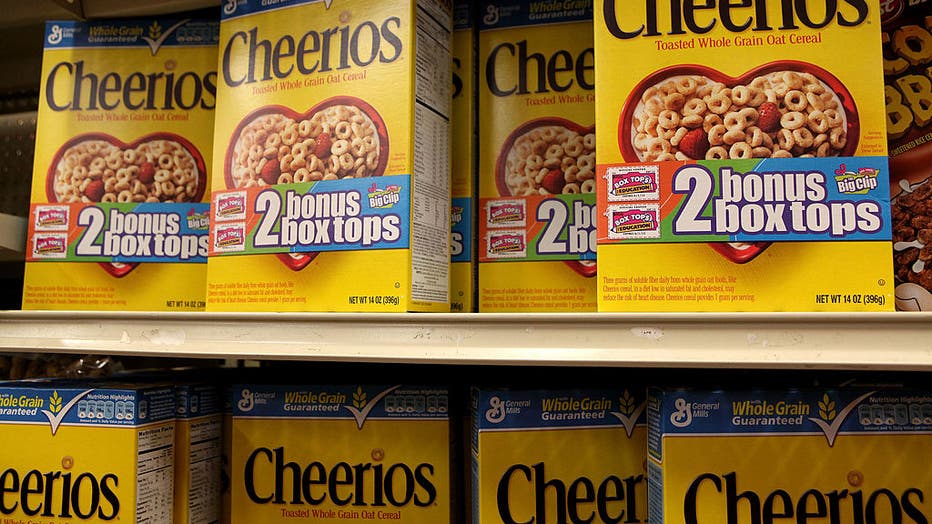Chemical found in Cheerios, Quaker Oats, other oat-based foods linked to potential health issues: study
How to eat healthy in 2024
Here's what healthy eating looks like for a day - without breaking the bank. Celebrity fitness trainer Jeanette Jenkins, founder of the Hollywood Trainer Club, shares some tips.
A pesticide linked to reproductive and developmental issues in animals was found in oat-based foods sold in the U.S., including under major brand names like Cheerios and Quaker Oats, according to a recent peer-reviewed study.
Chlormequat was detected in 80% of people tested in three geographical regions of the U.S. between 2017 and 2023, according to the study by the Environmental Working Group (EWG) and published in the Journal of Exposure Science and Environmental Epidemiology.
Researchers also found that "the concentrations detected in 2023 samples were significantly higher than previous years' samples."
While some studies published in the National Library of Medicine linked the chemical to reproductive or development issues in animals, it raises "questions about whether it could also harm humans," EWG researchers noted.
EWG is a nonprofit American activist group specializing in research and advocacy in areas such as agricultural subsidies, toxic chemicals, drinking water pollutants and corporate accountability.
In 2018, researchers noted that the Environmental Protection Agency published acceptable food tolerance levels for chlormequat chloride in imported oat, wheat, barley, as well as some animal products. In 2020, allowable levels were then increased for oats, the study said.

Boxes of Cheerios cereal, made by General Mills, sit on the shelf at a grocery store September 23, 2009 in Berkeley, California. (Photo by Justin Sullivan/Getty Images)
The use of chlormequat on food crops like wheat, oats and barley, decreases the stem height of the plants, making them less likely to bend over and easier to harvest, according to EWG.
Along with testing the pesticide in humans, researchers simultaneously studied the levels of chlormequat in oat and wheat-based products purchased in the U.S. in 2022 and 2023 and identified "detectable levels of chlormequat in all but two of 25 conventional oat-based products."
In certain cases, the concentration was non-detectable while other products showed a "high prevalence of chlormequat in oats."
In May 2023, EWG said it detected the chemical in 92% of oat-based foods, including Quaker Oats and Cheerios.
FOX Business reached out to General Mills, the maker of Cheerios, and PepsiCo's Quaker Foods for comment.
Get the latest updates on this story on FOXBusiness.com.

